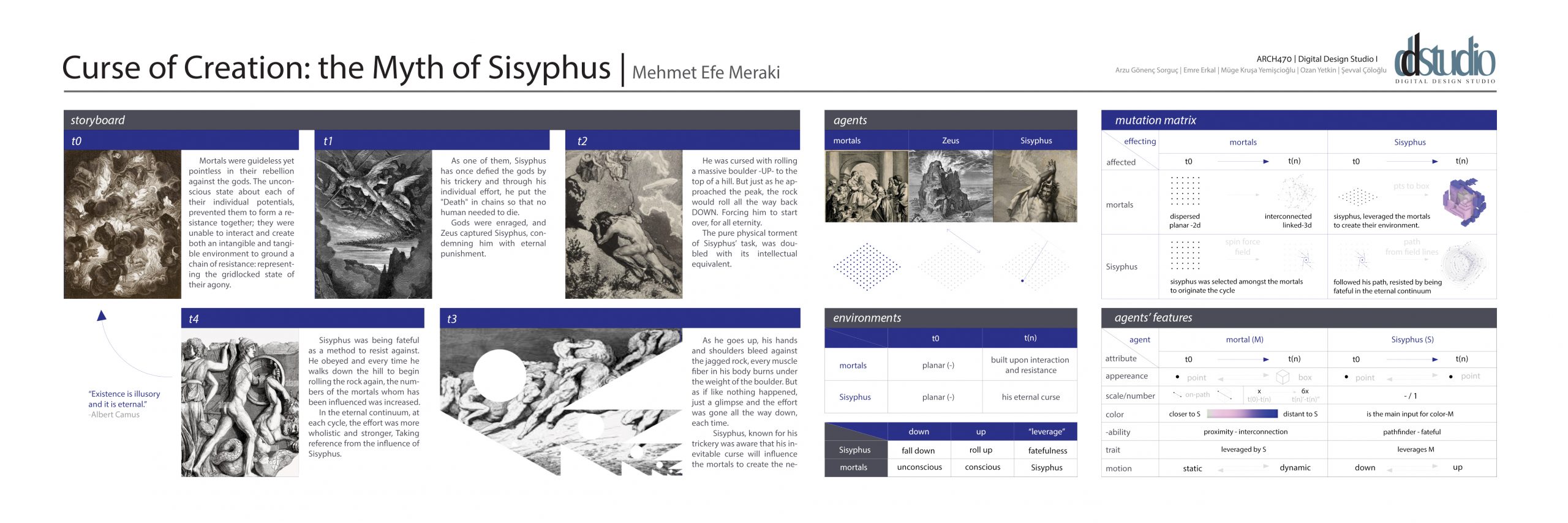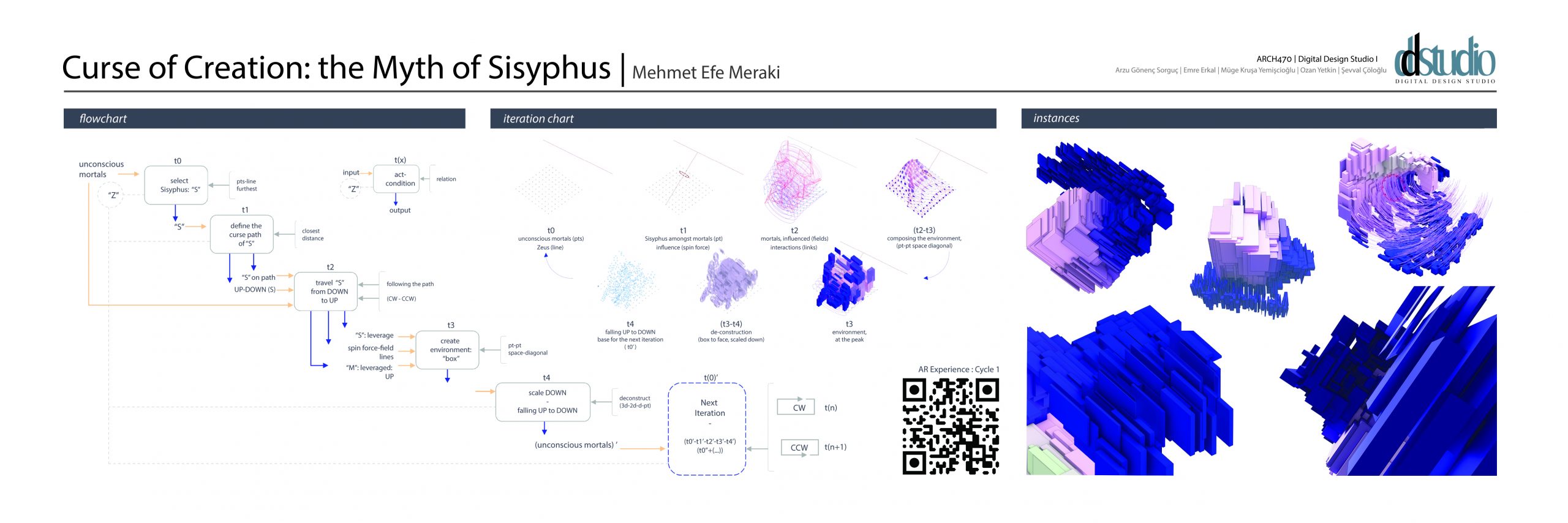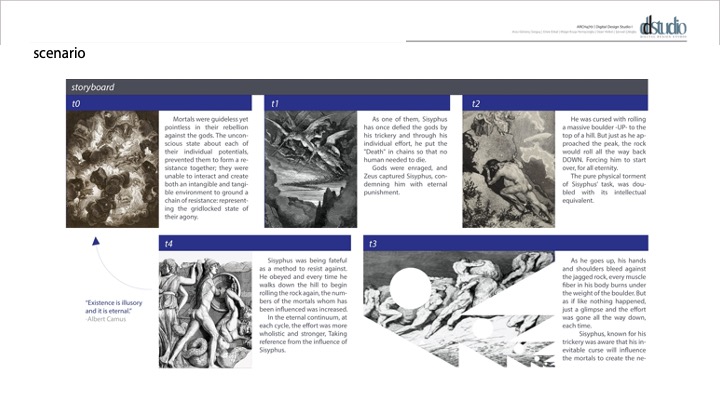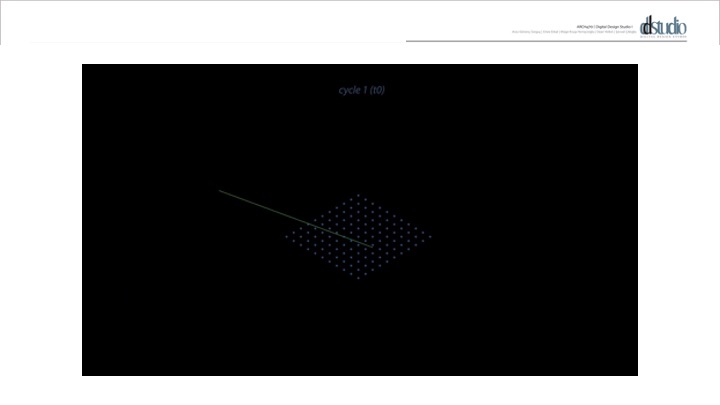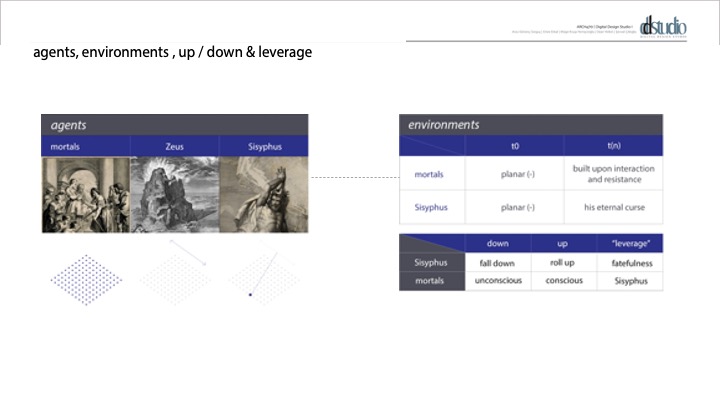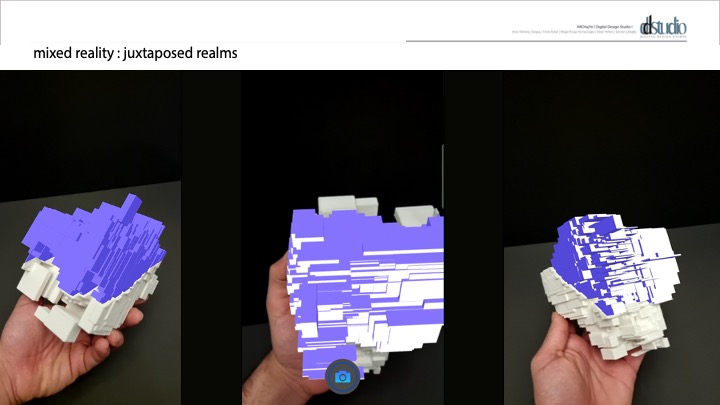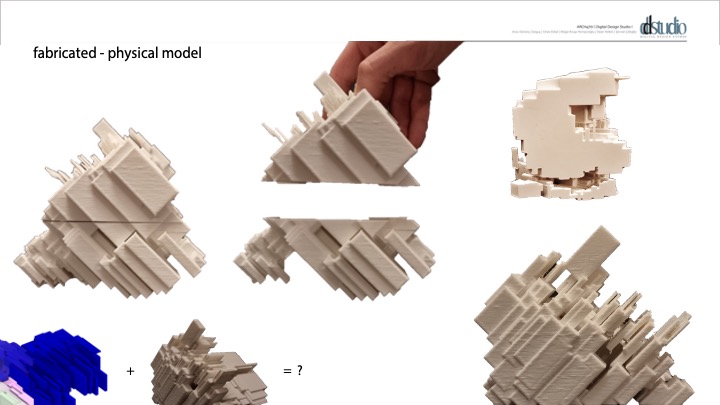Mehmet Efe Meraki
2022 Fall
ARCH470 Digital Design Studio
Mortals were guideless yet pointless in their rebellion against the gods. The unconscious state about each of their individual potentials, prevented them to form a resistance together; they were unable to interact and create both an intangible and tangible environment to ground a chain of resistance: representing the gridlocked state of their agony. Zeus was the king of the gods and the god of the sky, weather, law and order, destiny and fate, and kingship. He was dominantly regulating the hopeless, idled mortals on their journey.
As one of them, Sisyphus has once defied the gods by his trickery and through his individual effort, he put the “Death” in chains so that no human needed to die. After a while, when Death was liberated and it came time for Sisyphus himself to die, he managed -again- to escape. Gods were enraged, and Zeus captured Sisyphus, condemning him with eternal punishment.
He was cursed with rolling a massive boulder -UP- to the top of a hill. But just as he approached the top, the rock would roll all the way back DOWN. Forcing him to start over, for all eternity. Equally repetitive and absurd, the pure physical torment of Sisyphus’ task, was doubled with its intellectual equivalent. There is no end to Sisyphus’ agony as he strains against his stone. His hands and shoulders scrape and bleed against the jagged rock, sweat cascades down his brow, every muscle fiber in his body burns and screams under the weight. On the contrary, watching the boulder as it went down, was an effortless layer to multiply his punishment. Sisyphus, known for his trickery was aware that his inevitable curse will influence the mortals to create the necessitated environment. He was always marching down the mountain, to start a new cycle of resistance; he obeyed and every time he walks down the hill to begin rolling the rock again, the number of the mortals who has been influenced was increased.
In the eternal continuum, at each cycle, the effort was more wholistic and stronger, Taking reference from the influence of Sisyphus. “Existence is illusory and it is eternal,” says Albert Camus in his perspective. Camus claims that when Sisyphus acknowledges the futility of his task and the certainty of his fate, he is freed to realize the absurdity of his situation and to reach a state of contented acceptance.
At each cycle, mortals were able to continuously re-construct their environment, stronger at each subsequent iteration. The way they shape their wholistic rebellion was leveraged by Sisyphus.




